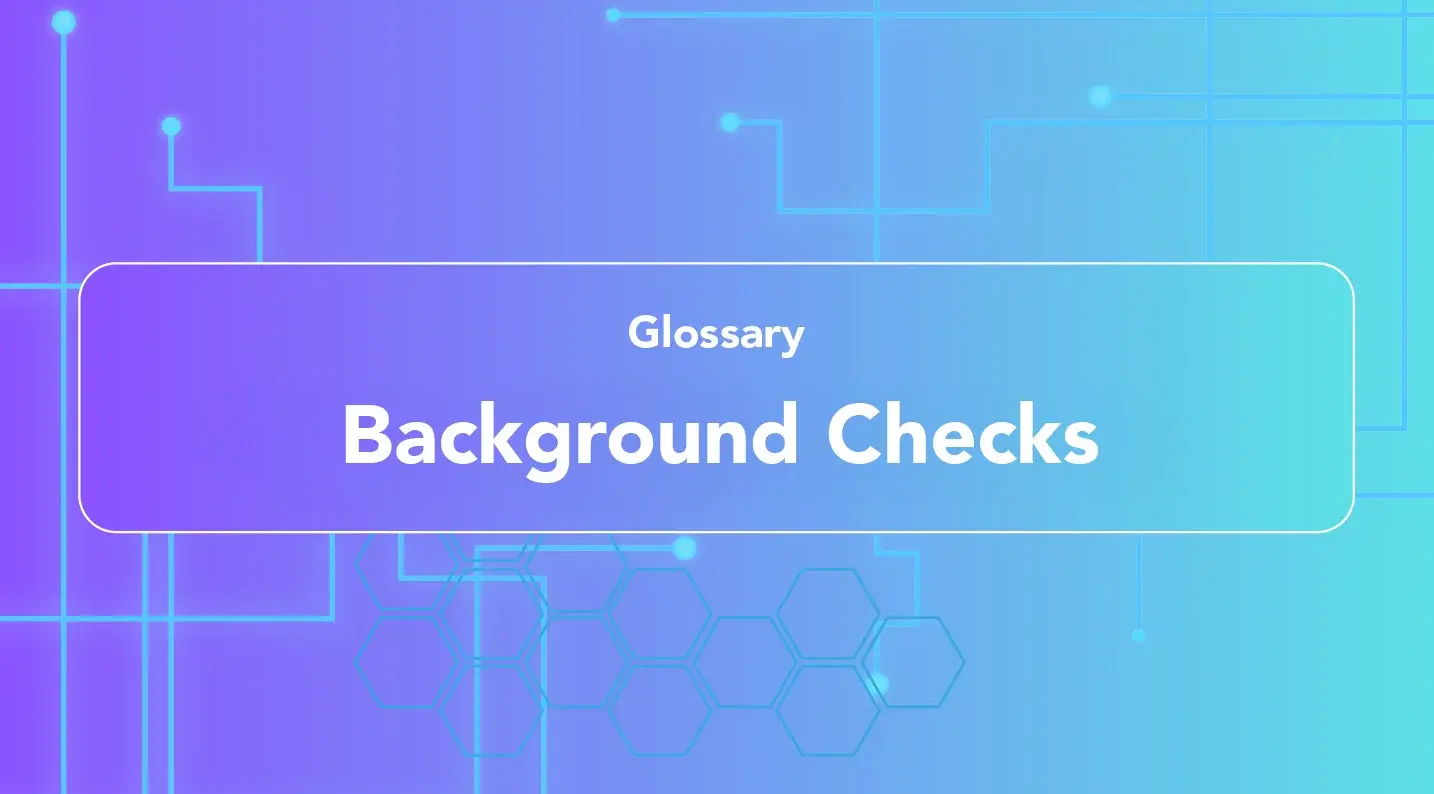
Background Check
23 Jun, 2025

Akanksha Shekhar
With over 9 years immersed in the world of content marketing for SaaS, Cloud, HRMS and multiple other industries, Akanksha Shekhar currently leads the content initiatives as Manager of Content Marketing. Her expertise lies in the art of bringing words to life, creating engaging narratives and technically sound pieces that are both catchy and deeply informative.
What is Background Check?
Initiating a background check or background screening refers to the process of employee’s background verification by the employer. This is in respect to the person’s work history, credentials, and any legal records (work, education, address, government IDs) presented during the joining documentation.
What Background Checks Do Employers Do?
In most cases, the employers conduct a thorough background check to verify candidate’s details presented during the documentation stage, listed below are the common aspects-
- Previous Employment Verification- This is to confirm the previous job history, roles taken by the employee and the exact tenure they have worked for.
- Education Qualifications- Checking educational documents is another major aspect of initiating a background check, this makes sure if the documents are authentic and valid.
- Address & Contact Verification- Employee's address is also verified, be it current or permanent. Alongside, the parent/guardian names and contact are also verified.
- Medical History- Some organizations also mandate giving any medical documentation if it's a case of physically disabled candidates or the ones having strong medical history.
What documents are required for a background check?
The documents are generally produced by the candidate at the time of joining; however, the documents generally involve the following-
- ID Proof- General government IDs like government identification card, driving licence or passports.
- Address Proof- These include the documents where employee’s address is mentioned such as passports.
- Education Documents- These includes degrees, certificates, course receipts etc.
- Financial History & Records- These include bank statements, last salary drawn, any salary slips etc.
- Reference Contacts- Details of the last HR, colleague/managers from the previous company.
What are the Benefits of Background Checks?
Conducting a background screening serves multiple benefits which helps the employers take an informed and fair decision and have an idea if the candidate will be the suited well with the organization’s goals. Here are the major benefits-
- Elevating Hiring Quality- Through confirming employee details such as credentials, previous work experience, reliability etc. Helps employers choose the right candidate.
- Ensures Compliance- This also ensure compliance by adhering to legal regulations, standards and being in sync with company policies.
- Saves Company Reputation- Through identifying employee’s previous history, criminal records and other credentials, companies can protect their brand reputation.
- Reduces Employee Turnover- A background check for employment helps organizations to avoid expensive hiring mistakes by selecting wrong candidates for the role and choosing only the ones who align with company goals.
- Ensures Workplace Safety- A healthy background check also ensures that the right candidates are a part of the organizations which contributes in workplace safety.
Frequently Asked Questions
Background checks are conducted by multiple stakeholders, they can either be the HR department or in-house resources or the organizations might also hire third-party agencies, government & legal authorities to conduct a thorough background verification.
In rare cases when the background check fails, organizations have complete right to withdraw the offer. They can even give them an opportunity to clarify or produce correct documents. Although depending upon individual policies, legal compliance action can be taken.
Background checks can vary according to the company you are in, though third parties also carry a 3-4 level check for ensuring complete accuracy. The basic level includes verifying identity, educational documents etc. The second level include employment verification, criminal record checking, reference validation. The third level includes checking the financial history. Global sanctions, media presence and other security initiatives. While the final level includes checking the international backgrounds for an in-depth analysis.



